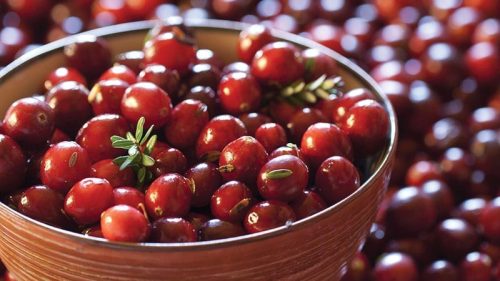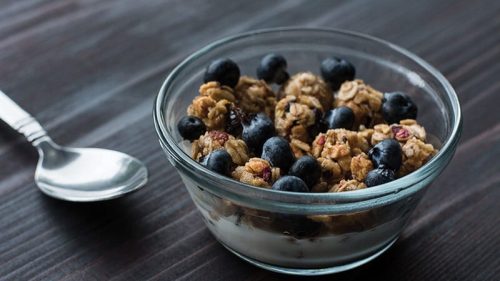The US Food and Drug Administration (FDA) issued a request for information on per- and polyfluoroalkyl substances (PFAS) in seafood. The FDA is seeking scientific data and information from the seafood industry, academia, state and federal agencies, as well as other interested entities, on PFAS concentrations in seafood, the surrounding environment, and processing water, as well as mitigation strategies for reducing exposure to PFAS in seafood. This request is part of our continued work to increase our understanding of the potential for PFAS exposure from seafood and to reduce dietary exposure to PFAS that may pose a health concern.
The FDA collects samples and tests for PFAS in the general food supply in a number of ways, including through the FDA’s Total Diet Study (TDS), which we have used since 2019. Our testing indicates that seafood may be at higher risk for environmental PFAS contamination compared with other types of foods. In 2021 and 2022, to expand on the results from the TDS samples and evaluate potential exposure to PFAS from other seafood types, the FDA collected additional seafood samples and conducted surveys targeting the most commonly consumed seafood in the United States. However, the data on PFAS in seafood are still limited for many other seafood types.
Addressing potential effects of Americans’ PFAS exposure is a national priority and is coordinated across several federal agencies. Through these interagency collaborations, we are working to identify routes of PFAS exposure, understand associated health risks, and reduce the public’s dietary exposure to PFAS that may pose health concerns. The FDA is committed to maintaining the availability of safe seafood, as it provides key nutrients for children and adults. We will continue to apply the latest science to increase our understanding of the levels of PFAS in seafood and the reasons for differences within and across types of seafood and to help identify strategies that can reduce PFAS in seafood. This request for information is an opportunity for interested entities (including the seafood industry, academia, and state and other federal agencies) to help address the existing data gaps, advance our public health mission, and further support the Administration’s comprehensive approach to addressing PFAS and advancing clean air, water, and food.
To ensure comments regarding “Per- and Polyfluoroalkyl Substances (PFAS) in Seafood; Request for Information” are considered, please submit written or electronic comments by February 18, 2025.
Submit comments electronically on Regulations.gov to docket number FDA-2024-N-4604.
Submit written/paper submissions to:
Dockets Management Staff (HFA-305)
Food and Drug Administration
5630 Fishers Lane, Rm 1061
Rockville, MD 20852
All submissions received must include the Docket No. FDA-2024-N-4604 for “Per- and Polyfluoroalkyl Substances (PFAS) in Seafood; Request for Information.”
Additional Information





